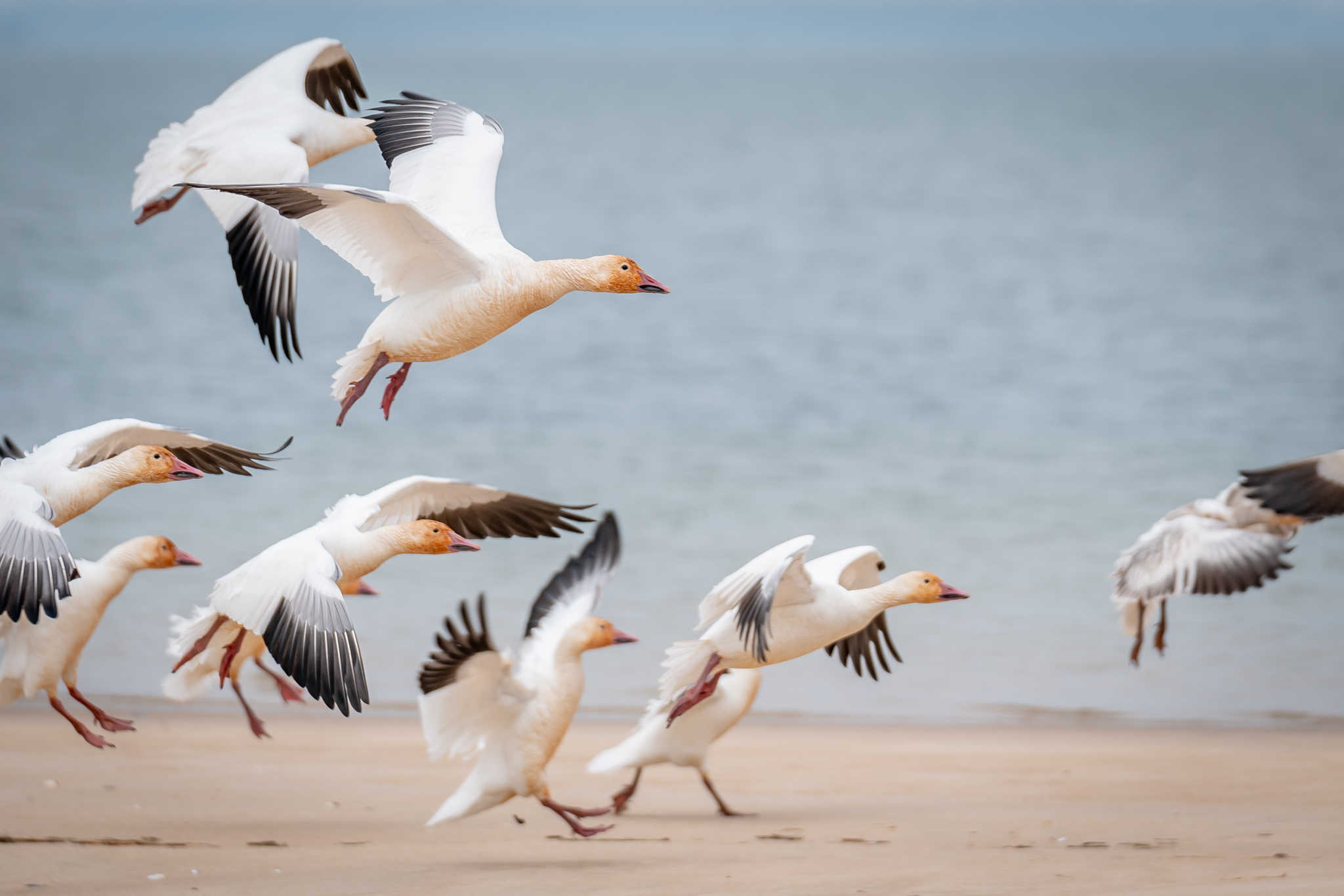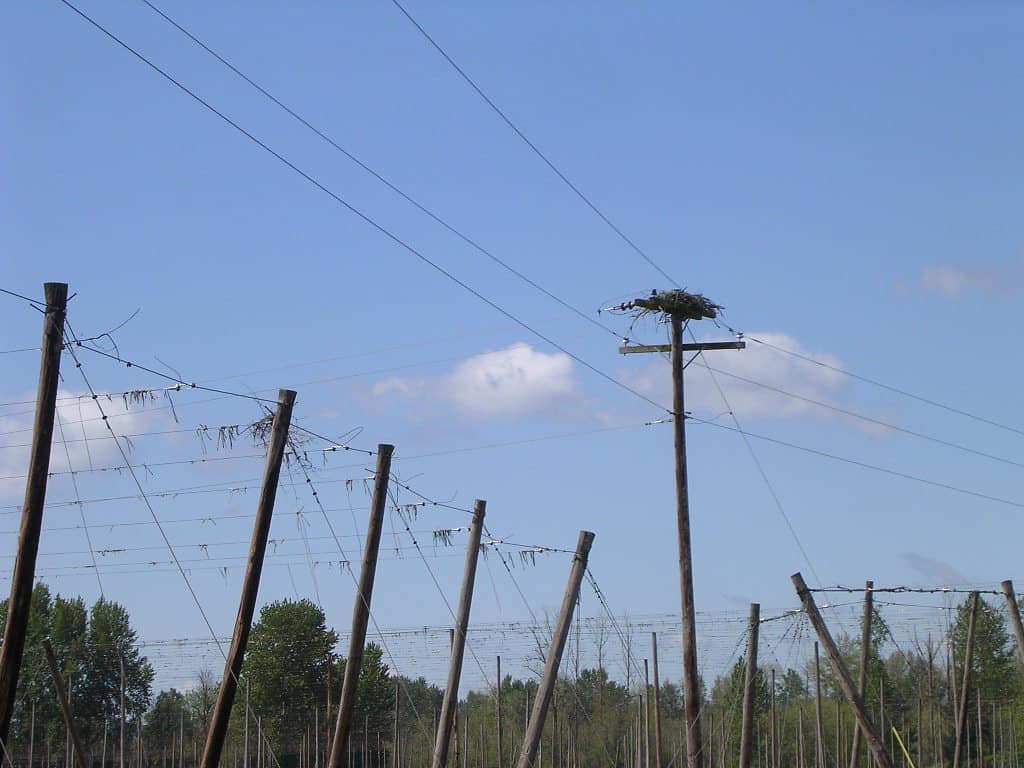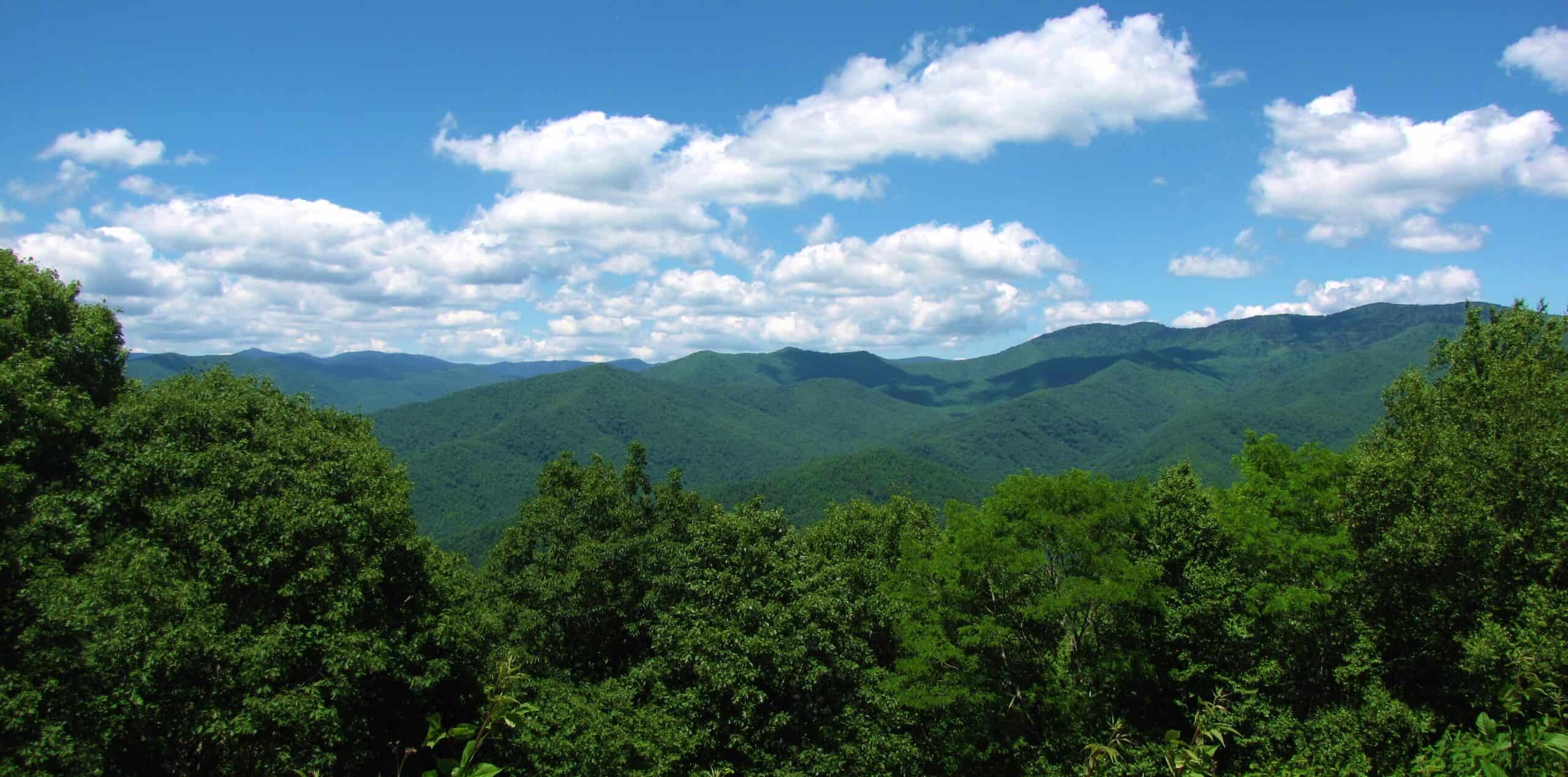Share this article
USFWS expands hunting, phases out lead ammunition at specified refuges
The final rule opens up archery deer hunting at three wildlife refuges and phases out lead ammunition and tackle at eight over the next several years
The USFWS is expanding hunting opportunities at three national wildlife refuges and plans to phase out lead ammunition and tackle at eight others by 2026.
“Offering hunting and fishing on national wildlife refuges is a priority in our efforts to offer wildlife-related recreation for all Americans on Service lands,” said USFWS director Martha Williams in a statement.
The agency’s final rule will expand archery deer hunting at the Cahaba River National Wildlife Refuge in Alabama, Everglades Headwaters National Wildlife Refuge in Florida and Minnesota Valley National Wildlife Refuge. The USFWS National Survey of Fishing, Hunting, and Wildlife-Associated Recreation reported Americans spent $394 billion on related activities in 2022, including hunting, fishing and wildlife observation.
The Wildlife Society supports management that provides appropriate opportunities for hunters and encourages decision-makers to weigh the biological, societal, cultural and economic considerations related to hunting. The National Wildlife Refuge System Improvement Act of 1997 determined the six wildlife-dependent recreational uses as hunting, fishing, wildlife observation and photography, and environmental education and interpretation, known as the “Big 6.”
The agency also plans to phase out the use of lead ammunition and tackle in eight national wildlife refuges by the fall of 2026.
“The best available science, analyzed as part of this rulemaking, indicates that lead ammunition and tackle have negative impacts on both wildlife and human health,” theUSFWS said in its final rule notice.
This final rule comes after the public was given two 60-day comment periods to express concerns about phasing out lead ammunition; the final amount of comments received on the matter surpassed 18,500.
The Wildlife Society supports educational efforts, policies and regulations by fish and wildlife agencies that reduce wildlife exposure to lead from hunting ammunition and fishing tackle. The Society also acknowledges that unintentional wildlife mortalities from lead-based hunting ammunition can ultimately undermine public support for regulated hunting.
The Wildlife Society encourages the voluntary replacement of lead-based hunting ammunition and fishing tackle with nonlead products and supports the distribution of information on the impacts of lead on wildlife.
The phasing out of lead ammunition is set to begin in the fall of 2026 at Blackwater, Chincoteague, Eastern Neck, Erie, Great Thicket, Patuxent Research, Rachel Carson and Wallops Island national wildlife refuges. The Service also indicated that in addition to these eight refuge lead ammunition restrictions, the agency would not permit the use of lead ammunition or tackle in the areas with expanded refuge hunting opportunities.
Header Image: Snow geese (Anser caerulescens) come in for a landing at Chincoteague National Wildlife Refuge. Credit: John Brighenti








